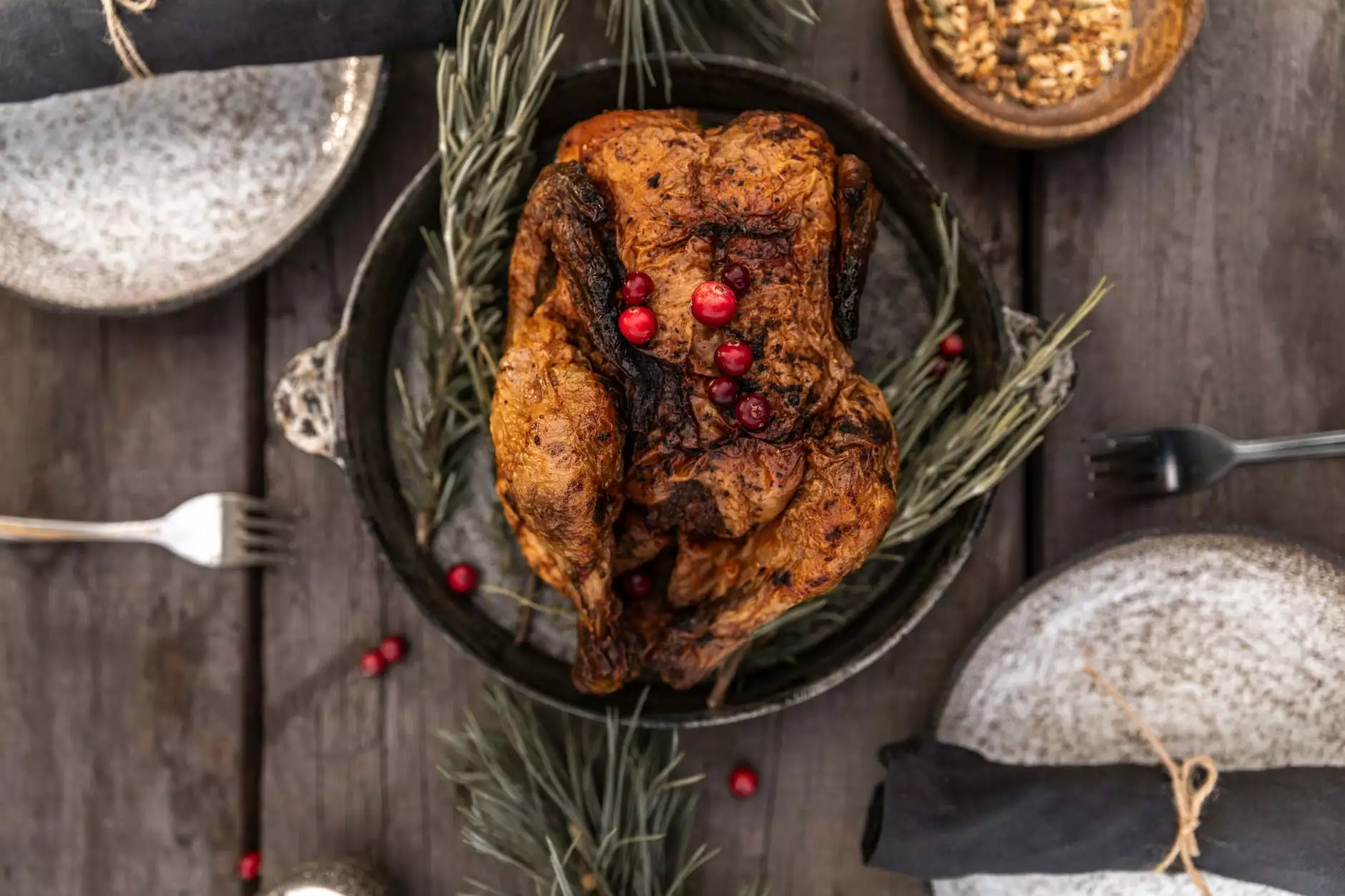Seniors and Food Safety
Services
Introduction
At Regency Square Care Center, we understand the importance of food safety when it comes to seniors' health. As a renowned provider of geriatric and aging care services in the health industry, we are committed to sharing valuable information to help seniors stay safe and maintain a healthy diet. In this article, we will discuss essential food safety guidelines specifically tailored for seniors.
The Importance of Food Safety for Seniors
As individuals age, their immune systems tend to weaken, making them more vulnerable to foodborne illnesses and infections. It is crucial for seniors to follow proper food safety measures to prevent any potential health risks. By prioritizing food safety, seniors can maintain their well-being and enjoy a higher quality of life.
Food Safety Guidelines for Seniors
1. Keep Food Preparation Areas Clean
One of the fundamental principles of food safety is to maintain clean food preparation areas. Seniors should ensure their kitchen spaces are regularly cleaned and sanitized to minimize the risk of cross-contamination. Utensils, cutting boards, and countertops must be washed thoroughly with hot soapy water after each use.
2. Proper Food Storage
Seniors must pay special attention to proper food storage practices. Refrigerators should be set to the right temperature, below 40°F (4°C), and perishable items like meat, poultry, and dairy products should be stored promptly. In addition, seniors should regularly check expiration dates and discard any expired food items.
3. Safe Handling of Raw Food
Raw food, such as meat and eggs, can contain harmful bacteria like Salmonella and E. coli. Seniors must handle raw food with caution and ensure they are cooked thoroughly to kill any bacteria. Separate cutting boards and utensils should be used to avoid cross-contamination between raw and cooked foods.
4. Avoid Foods That Are Risky for Seniors
Some foods pose a higher risk for seniors due to their weakened immune systems. Deli meats, raw or undercooked seafood, unpasteurized dairy products, and raw sprouts are examples of foods that should be avoided to prevent foodborne illnesses. It is crucial for seniors to be informed about these risks and make appropriate dietary choices.
5. Stay Hydrated and Eat a Balanced Diet
Proper hydration is important for seniors' overall health, as it helps maintain bodily functions and prevent dehydration, which can lead to serious complications. It is essential for seniors to drink plenty of fluids throughout the day, especially water. In addition to hydration, seniors should focus on maintaining a balanced diet that includes a variety of fruits, vegetables, whole grains, lean proteins, and healthy fats.
Conclusion
At Regency Square Care Center, we prioritize the well-being of seniors and understand the significance of food safety in their lives. By following the food safety guidelines outlined above, seniors can reduce the risk of foodborne illnesses and maintain a healthy diet. Our dedicated team is always ready to provide personalized assistance and education to seniors, ensuring they lead happy and healthy lives. Contact us today for more information on our comprehensive geriatric and aging care services.









